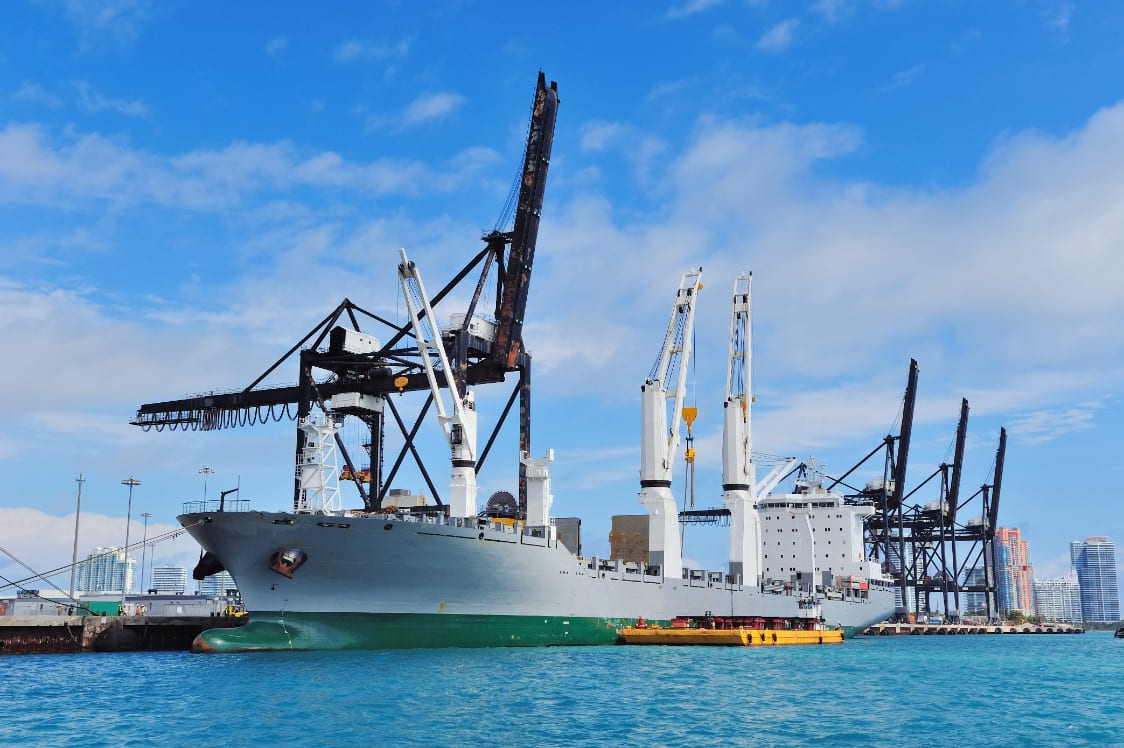Voyage Accounting: Essential Principles for Maritime Financial Management

Posted on Jun 04, 2024 at 07:06 PM
If you want to know the financial profit or debited status of your maritime shipping company, then you need to prepare a full voyage accounting study with all the included expenses, accounts, and profits.
Moreover, there are various methods of accounting followed by shipping companies to help them create values credited or debited to voyage accounts and bookings.
In this article, we are going to share with you simple yet deep information about voyage accounting, including expenses, shipping benefits, and the main steps to voyage account preparation.
What Is the Meaning of Voyage Accounting?
Voyage Accounting, or voyage account, is the used financial sign to describe the systematic account recording notes, tracking log, and reporting card of all voyage financial transactions, bookings, and costs.
This method of accounting is vital for shipping companies who must accurately evaluate, manage, and balance the profitability and loss of their work, moreover, the voyage account is prepared for a specific period, a specific ship, or a specific voyage in the same technique and account details.
The voyage accounting process involves careful documentation to ensure financial compliance in the shipping industry based on the latest account regulatory requirements and rates.
Moreover, the great thing about voyage accounts is that they help maritime shipping companies analyse any sign in the expenses, deals, and incomes of their services, and adjust their voyage operations with stronger budget preparation, cost control, and financial planning.
Included Expenses in the Voyage Accounting:
Voyage accounting covers many travel expenses that are debited to the financial shipping services, vessel operation, and any single included detail in the ongoing voyage till completion.
Moreover, the meaning of a voyage account focuses on letting maritime shipping companies know their travelling expenses, payment activities, profits, or even losses.
-
Bunker Cost:
The bunker cost includes all the expenses related to the needed fuel for the vessel during the voyage. Like the cost of purchasing and storing.
-
Port Charges:
If you want to use the port facilities then you have to pay some estimated fees, which vary depending on the port and used services. Such as docking, mooring, and other provided services by the port authority.
-
Depreciation:
The voyage accounting also considers the cost of wear and tear happening during the cruise or over the suggested time.
-
Insurance:
The included premium shipping insurance account is paid per voyage, number of voyages, or specific period to protect the main investment value from any losses.
-
Address Commission and Brokerage:
Fees or commissions paid to maritime agents or brokers for securing cargo or providing suggested charters.
-
Stevedoring Charges:
Voyage accounts that cover costs for loading and unloading cargo processes at ports are paid to stevedores or dockworkers. These costs also cover the used equipment and tools.
-
Crew Salaries:
Voyage accounts include the paid money for the existing crew during the freight, including the salaries, allowances, foods, retirement, and other written compensation.

The Key Income Sources for a Voyage:
As ships have their standard expenses, they also have good incomes to claim from their provided shipping services. Let us introduce you to the incomes that make maritime shipping companies one of the most global powerful assets.
-
Freight:
The primary revenue for any shipping company, as it refers to the profit earned from transporting and shipping cargo from one port to another.
-
Primage:
The additional or surcharge fee is a gratuity for the ship's master and crew to cover extra services or risks.
-
Passage Money:
Income for ferries carrying passengers through the sea. This fee differs based on the included services during the insured voyage, like transportation, accommodations, and food.
The Main Steps of Voyage Accounting:
If you want to establish a clear and accurate voyage accounting with all the expenses debited to the voyage account, then you need to attend the professional ship finance training course in London.
As this register will help you access a professional chapter all about the preparation of voyage accounting with clear and professional steps:
-
Create Records of Revenue:
In this step, you need to cover all the sources of income generated during the voyage with accurate recording to ensure that all log details are accounted for.
-
Build Records of Expenses:
This involves accurately recording all included expenses to help shipping companies understand the cost structure and identify areas for cost control.
-
Allocate Costs:
Some costs are allocated to specific voyages based on their consumption or costs during that voyage to assess the financial performance of each voyage. This sheet consists of direct costs like fuel and port charges, and indirect costs such as depreciation and insurance.
-
Calculate Voyage Profit/Loss:
The final step in creating a voyage account is to set the final financial outcome of the voyage by subtracting total expenses from total revenue. To know the profit or loss for the voyage and make the needed financial and management adjustments in the future.
To conclude,
Voyage accounting is a vital step in analysing the financial status of a shipping company based on accurate numbers, records, and documentation.
However, the high importance of voyage accounts requires professional training to boost financial study and help companies adjust their financial status.





